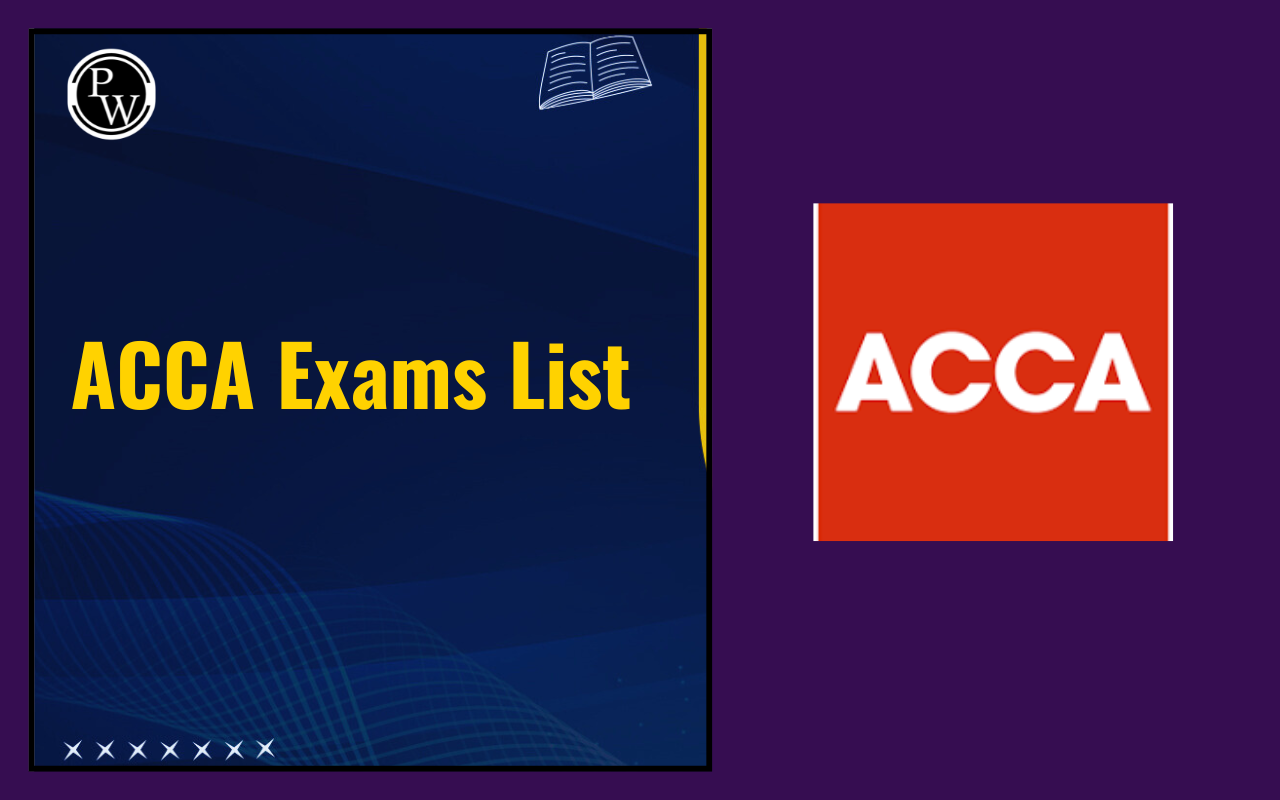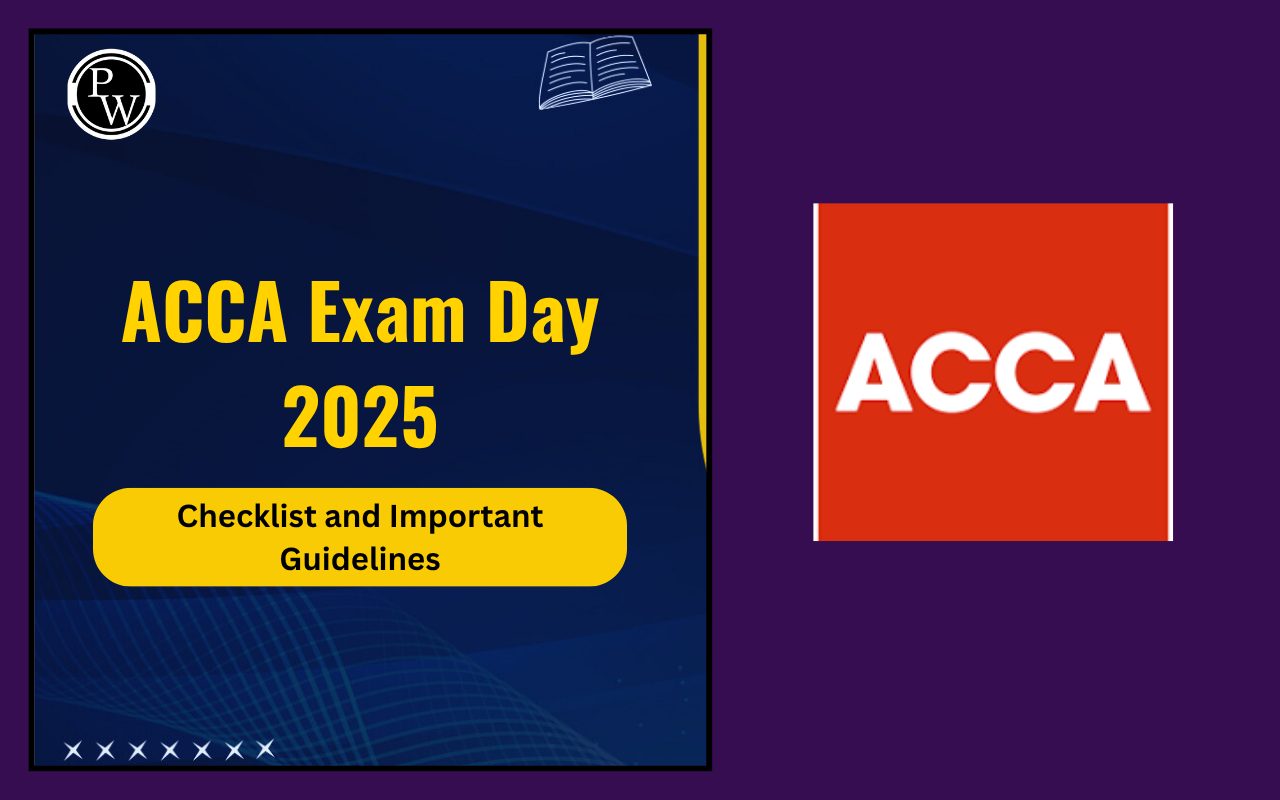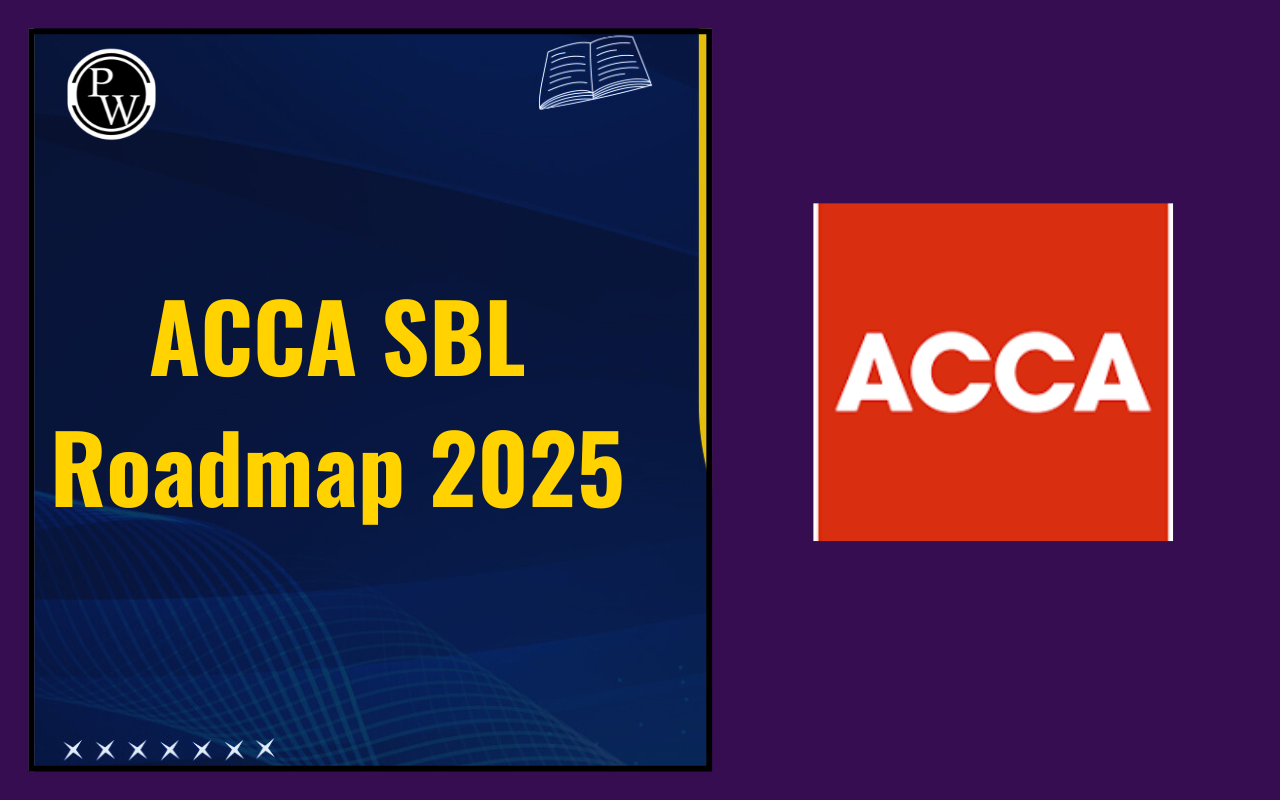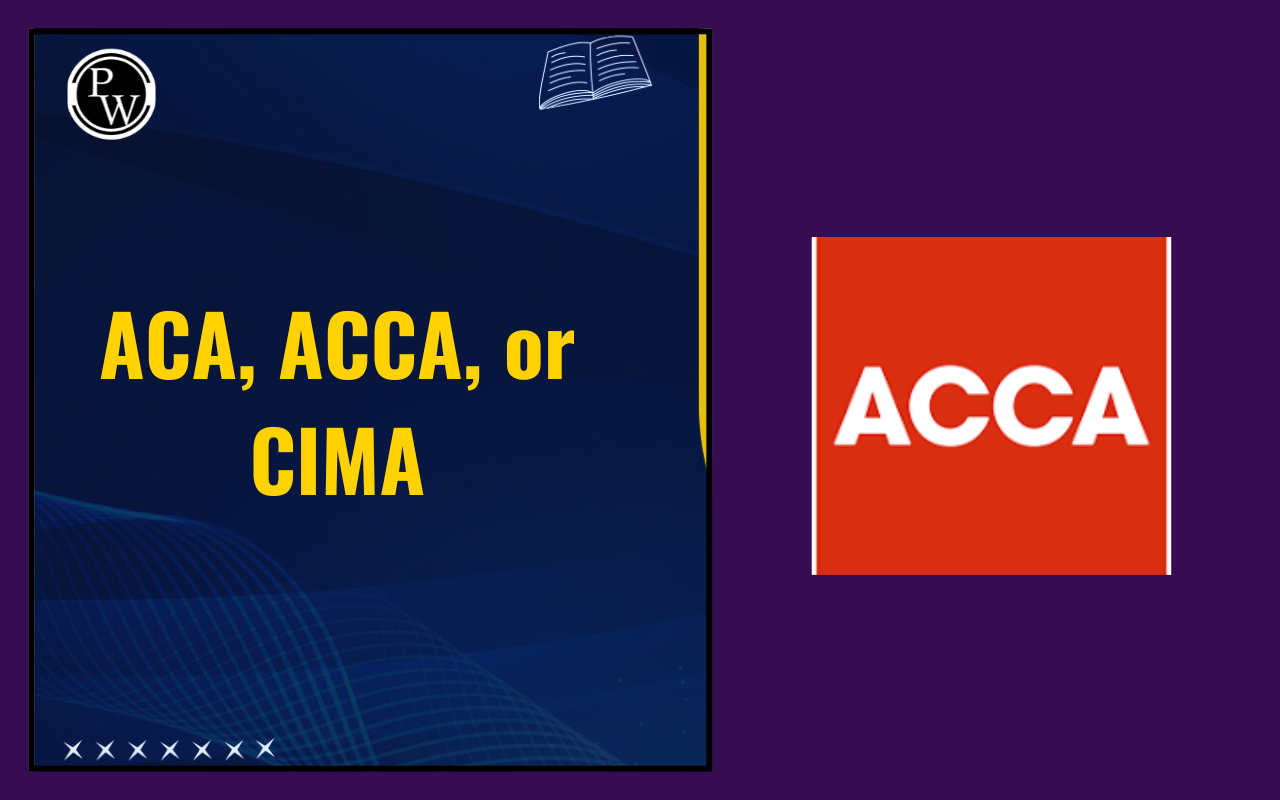
A well-structured Study Plan for ACCA Exams can help you stay on track, cover the syllabus effectively, and enhance your confidence before the exam day. Instead of last-minute cramming, a 90-day approach allows you to revise thoroughly and practice adequately.
Read about how to create a Study Plan for ACCA Exams, ensuring a balanced and effective preparation strategy. By following this plan, you will not only understand key concepts but also develop the ability to apply them in exam scenarios.
ACCA Exam Structure
The ACCA qualification consists of three main levels: Applied Knowledge, Applied Skills, and Strategic Professional. Each level builds upon the previous one, testing students on core financial and accounting concepts, strategic decision-making, and professional ethics.
The Applied Knowledge level covers Business and Technology (BT), Management Accounting (MA), and Financial Accounting (FA). The Applied Skills level includes subjects like Corporate and Business Law (LW), Taxation (TX), and Performance Management (PM). The final stage, Strategic Professional, comprises mandatory and optional papers such as Strategic Business Reporting (SBR) and Advanced Financial Management (AFM).
Understanding the Study Plan for ACCA exams requires knowledge of the exam structure. Each subject demands analytical thinking, numerical accuracy, and problem-solving skills. A 90-day approach ensures comprehensive coverage, allowing enough time for revision and mock exams. The key is to distribute topics evenly, revise regularly, and practice past papers.
Importance of Study Plan for ACCA Exams
Having a Study Plan for ACCA Exams is crucial for success. The ACCA syllabus is vast, and without a structured approach, it is easy to lose focus or miss out on key topics. A well-defined plan helps in time management, ensuring that each topic gets adequate attention.
A structured Study Plan for ACCA Exams also reduces stress. When you break down subjects into manageable parts, the preparation process feels less overwhelming. Additionally, following a schedule helps in tracking progress, allowing timely adjustments if needed.
Another major advantage of a Study Plan for ACCA Exams is that it incorporates revision and practice sessions. Regular mock tests and self-assessments boost confidence and highlight weak areas. With a systematic study approach, students can enhance their conceptual clarity and improve performance under exam conditions.
How to Create 3-Months Study Plan for ACCA Exams
Creating a structured Study Plan for ACCA Exams ensures that you cover all topics systematically. A 90-day plan divides learning, revision, and practice efficiently, maximizing your chances of success.
Step 1: Understand the Syllabus
Before creating a Study Plan for ACCA Exams, go through the syllabus of each paper. Identify the key topics and their weightage to allocate time accordingly.
Step 2: Divide Your Study Period
A 90-day plan can be divided into three phases:
First 45 Days – Learning Phase
Spend the initial weeks grasping concepts, solving examples, and referring to study materials. Focus on understanding rather than memorization. Each day should be dedicated to a specific topic, ensuring steady progress.
Next 30 Days – Revision Phase
This phase should include revising key concepts, practicing past papers, and attempting mock exams. Time management and application of knowledge should be the main focus.
Final 15 Days – Intensive Practice
During the last two weeks, solve full-length mock exams under timed conditions. Identify weaker areas and revise them thoroughly.
Step 3: Allocate Study Hours
Depending on your daily schedule, dedicate at least 4-5 hours for studies. Morning hours can be used for theory-based subjects, while evenings can be reserved for problem-solving and practice sessions.
Step 4: Use Effective Study Techniques
Incorporate active recall, mind maps, and summary notes into your study routine. These techniques help in better retention and quick revision.
Step 5: Maintain a Study-Work-Life Balance
Take short breaks and stay physically active. A balanced approach prevents burnout and keeps your mind fresh for effective studying.
Sample Study Plan for ACCA Exams
A structured Study Plan for ACCA Exams ensures complete syllabus coverage and ample revision. Below is a sample plan:
|
Week |
Focus Area |
Activities |
|
1-2 |
Understanding Syllabus |
Read study material, take notes |
|
3-4 |
Concept Building |
Solve practice questions, discuss doubts |
|
5-6 |
First Revision |
Revise key topics, attempt sectional tests |
|
7-8 |
Mock Tests |
Attempt past papers, analyze mistakes |
|
9-10 |
Final Revision & Intensive Practice |
Solve full-length mocks, refine weak areas |
This plan ensures a balanced approach and enhances exam readiness. By following a well-structured Study Plan for ACCA Exams, students can maximize their potential and perform confidently in the exams.
Study Plan for ACCA Exams FAQs
How long should I study each day for ACCA exams?
When should I start my ACCA exam preparation?
How can I stay motivated during ACCA preparation?
Is it necessary to solve ACCA past papers?










